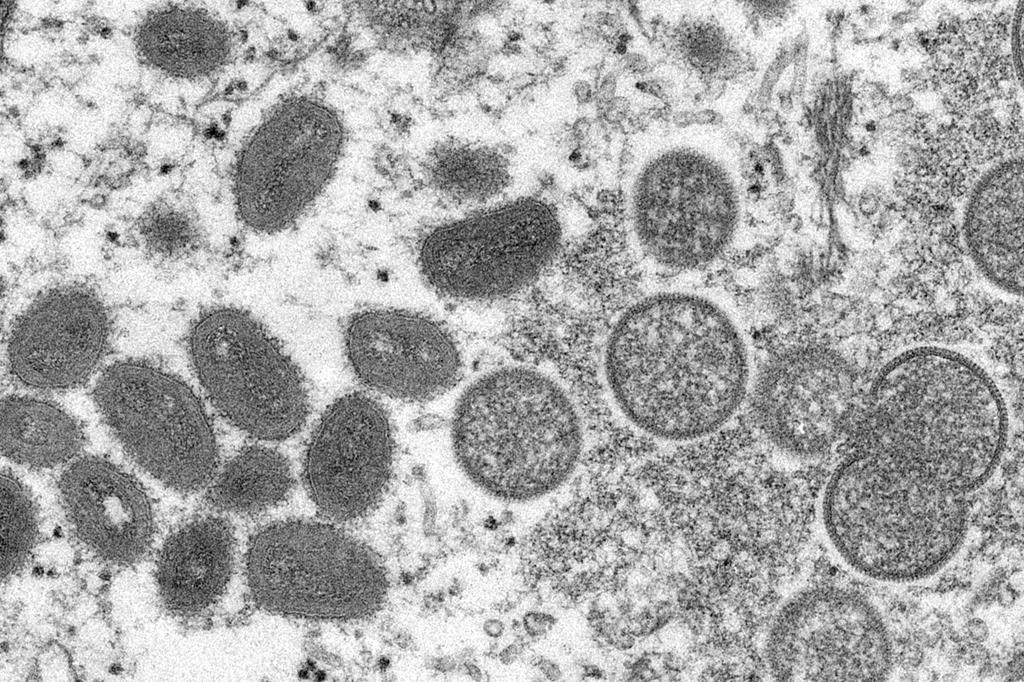Toronto Public Health (TPH) says it has confirmed the city’s first case of the monkeypox virus.

In a press release Thursday afternoon, TPH said the individual “remains stable and is recovering in hospital.”
TPH said it also received laboratory confirmation that two residents with suspected cases of the virus have tested negative.
“Four newly-suspected cases of monkeypox were reported to TPH today as well,” the release reads. “This brings the total number of probable cases to one and suspect cases to four.”
TPH said the four individuals are undergoing laboratory testing to “confirm if they have this virus and are currently recovering at home.”
The health unit said monkeypox is a “rare disease caused by a virus that is normally found endemic in central and western Africa.”

Get weekly health news
“It was first identified in monkeys, but its origins remain unknown,” the release reads.
According to the health unit, the virus spreads through contact with body fluids, including fluids from monkeypox sores, contaminated bedding or clothing or through respiratory droplets.
“Anyone, regardless of sexual orientation, can spread monkeypox through contact with body fluids, monkeypox sores or by sharing contaminated items,” the release said. “Common household disinfectants can kill the monkeypox virus.”
The virus can also be spread through a scratch or bite from an infected animal.
According to TPH, symptoms of monkeypox include fever, headache, muscle aches, exhaustion, swollen lymph nodes and a rash that “often appears within a few days after symptoms begin and starts on the face and spreads to other parts of the body.”
TPH said most people recover on their own without treatment.
The health unit said anyone with monkeypox symptoms should report them to their health care provider “as soon as possible.”
“Close contacts of people suspected or confirmed to have a Monkeypox infection are advised to self-monitor for symptoms for 21 days after their last exposure,” the release said. “If symptoms develop, they should self-isolate, seek care and get tested.”
Earlier this month, Public Health Ontario made a series of recommendations for the treatment of monkeypox patients in the health-care settings across the province, in an infection prevention and control document.
According to the document, the average incubation period is seven to 14 days but can range from five to 21 days.
The health agency said a person is “most commonly contagious from the onset of initial lesions (typically on the tongue and in the mouth), until scabs have fallen off and new skin (is) present.”
However, the document said some cases “may be contagious” during the early set of symptoms including fever, malaise and headache “before the rash develops.”
Public Health Ontario said in addition to “routine practices” several “additional precautions” used for airborne, droplet and contact viruses should be used in health-care settings when treating a patient with monkeypox.
Public Health Ontario said monkeypox patients should be isolated in negative pressure ventilation rooms when possible, and health care workers should wear personal protective equipment when caring for them.




Comments